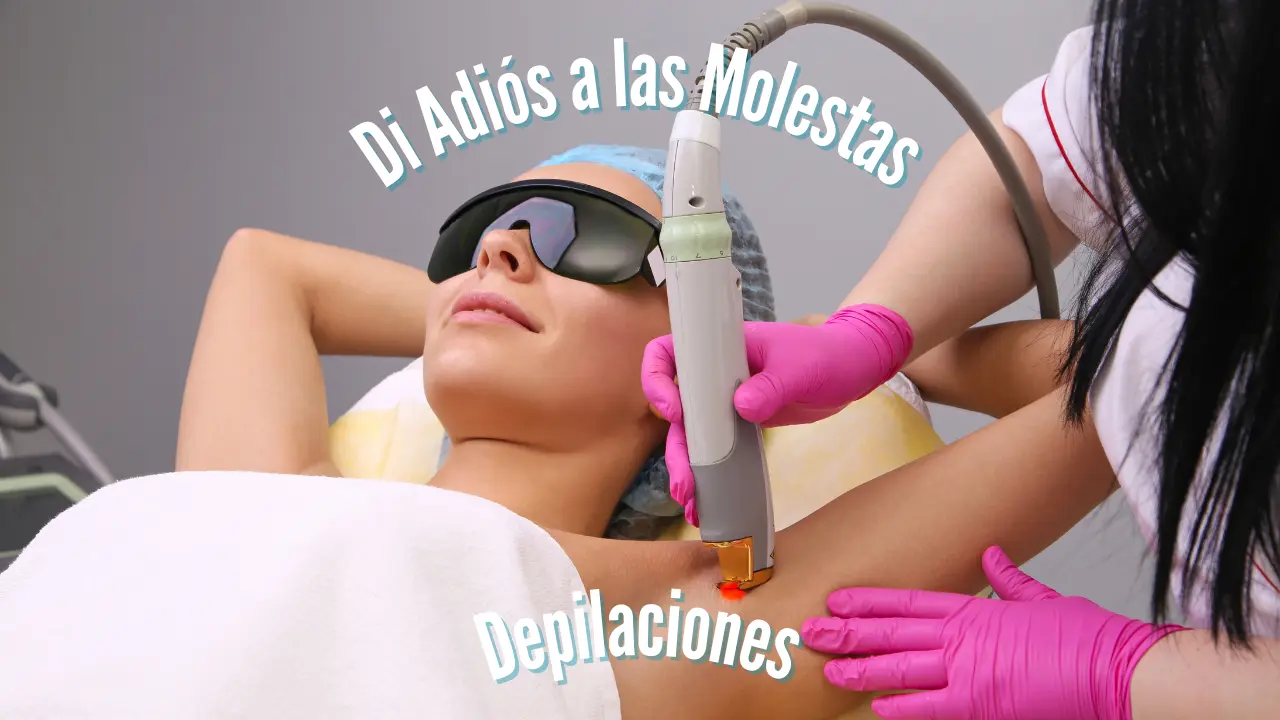- What is IV Infusion Therapy?
- The Benefits of IV Infusion Therapy
- How Is IV Therapy Administered?
- Who Can Benefit from IV Infusions?
- Common Uses for IV Infusions
- Conclusion
In an age where technology is rapidly changing and advancing, there are new advancements in medical treatments and practices happening almost daily. One of these trends that is growing in popularity is the use of IV therapy. If you don’t know what intravenous (IV) therapy is, it’s simply a method of delivering medication directly into the bloodstream through a vein.
This practice has been used for years, but recently it’s become even more common as doctors have realized its many benefits. In this blog post, we will be going over everything you need to know about IV infusion therapy and the benefits that come with it.
What is IV Infusion Therapy?
IV infusion therapy is a medical treatment in which a liquid solution is infused directly into the veins. The solution might contain medication, saline, vitamins, minerals, nutrients, or other substances that the patient needs. The solution is delivered through a needle or catheter inserted into the patient’s vein. IV therapy is often used in hospitals and clinics, but it can also be done at home, especially for patients who need long-term treatment.
The Benefits of IV Infusion Therapy
There are many benefits to receiving IV treatments, including: – Improved Immune System – When medication is infused directly into the bloodstream, it can travel to any part of the body much faster than if it was taken orally. This means that your body can start healing itself much faster with the help of IV treatments.

Quicker Relief from Pain – If you are suffering from a condition that causes you pain, IV treatments can help you feel better much more quickly. – Clearer Mind – If you have a medical condition that causes you to have brain fog, or makes it difficult for you to think or focus, IV treatments can help clear your mind and allow you to function at a higher level. – Increased Hydration – Sometimes when you’re sick, you don’t drink enough water, which could lead to dehydration. IV treatments can help you get hydrated faster. – More Effective Treatment – IV treatments are often used for patients who need stronger medication than what could be taken orally. This means that your body can start healing itself much faster with the help of IV treatments. – Quicker Post-Surgery Recovery – If you get surgery, you might be asked to receive IV therapies to help speed up the healing process and recover from the surgery more quickly.

How Is IV Therapy Administered?
The actual administration of the IV therapy will depend on the type of treatment you are receiving. For a hydration treatment, a nurse or doctor will begin by cleaning your skin where they will insert the IV. They will then insert a needle into your vein (this is typically not painful) and connect the needle to a tube that allows the fluid to flow into your bloodstream. They will then tape or bandage the site to keep everything in place. If you’re being treated with medication, the person administering your IV will mix the medication with saline and then insert the solution into the IV tubing. They will then insert the needle into your vein and administer the medication through the IV. They will then cover the site with a bandage.
Who Can Benefit from IV Infusions?
There are a wide range of people who can benefit from IV therapy, including those who have recently undergone surgery or are experiencing extreme dehydration, those who are dealing with nausea or pain, and people who are feeling run down and need a quick boost of energy. Sometimes people also choose to get IV therapy as a preventative measure, if they are travelling for a long period of time, for example, and want to be as healthy as possible.
Common Uses for IV Infusions
– Hydration – If you’re feeling dehydrated and need fluids, you can get an IV to hydrate you quickly. This can be useful if you get dehydrated easily or are expecting a long trip when you will likely be in hot weather conditions. – Nutrient Replacement – If you have a deficiency in certain nutrients, you may be given vitamins and minerals through an IV to replace what is missing. – Pain Relief – If you’re in a situation where you are experiencing a lot of pain but don’t want to take pain medication orally because of the side effects, you can receive pain relief through an IV. – Antibiotic Therapy – If you’re undergoing antibiotic therapy, you can receive the medication through an IV to avoid any side effects that would come from taking the medication orally. – Blood Transfusions – If you’re experiencing blood loss and need a blood transfusion, you can receive the blood through an IV.
Conclusion
IV therapy has been shown to be an effective treatment for many health conditions. It is important to note, however, that this treatment is not a long-term solution for your health issues, nor is it a replacement for regular medical care. In fact, it is often used as a short-term solution, such as in the case of dehydration, to help you feel better quickly while you wait for your body to heal itself naturally. In this way, IV therapy can be a useful tool when you need it most, especially if you are experiencing severe symptoms that are difficult to overcome.




